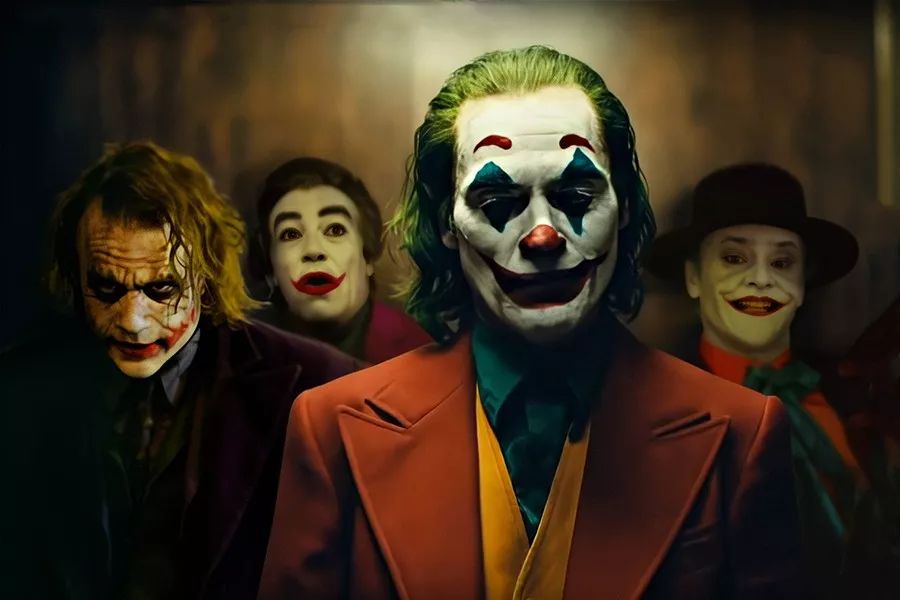By Helene - 13 August 2021

At the end of the film, Gotham's citizens take to the streets wearing clown masks and rioting, leaving the city in flames and fury in a populist orgy.
Why did the world come to this? The joker made it very clear on Franklin's show. Because the rich never see things from the perspective of the poor, they don't want to know what the life, mood or mind of a loser like the clown is like. Wayne sees the joker as a murderer, a loser, a psychopath, a pervert; He says that all losers are clowns and jokes; As for himself, we know from the Batman series that he's a major philanthropist, and he (and his son, Batman) must think he's brilliant and unbeatable.
But none of them understood the line from The Great Gatsby: "Whenever you feel like criticizing anyone, remember that not everyone in this world has the advantages that you have."
Unemployed blue-collar workers in America's rust belt may have a similar story. Because of technological innovation and global trade, they lost their jobs and their economic and social status went down the tubes. But the elite will only say: You lost your jobs because you are poorly educated and incompetent, why don't you get more education, transition and re-employment? I guess the unemployed workers started out with the same "it's my fault, I'm sorry for the trouble" label. But they can't go on a perpetual sorry spiral without waiting for help to help them out.
The clown sees his hopes in life dashed one by one: he loses his job, becomes the most unfunny talk show entertainer, he is not the bastard son of a rich man, the neighbor woman is not what he thought. Then he sees how ruthless the Wynn people are, and how they don't care about him: social programs get axed, and wynn gets a punch, and then He's on TV all the time promoting his charity dinners and campaign plans. Laid-off workers have also seen their hopes dashed: fewer manufacturing jobs and the decline of entire local communities. Some suggest they go back to school to improve their education, but that's a tall order for someone who's graduated from high school and been away from school for decades. Besides, the tuition is so expensive that they can't afford it. Then they saw the big banks that caused the financial crisis get big government bailouts, they saw no one on Wall Street go to jail, and they saw executives continue to earn astronomical compensation just a few short years later. Over time, they begin to wonder: is it really "our" fault, not "your" fault?
Perhaps no one can endure humiliation and abuse forever, even if the insults are "justified" (clowns are indeed murderers, and blue-collar workers do indeed lack the production skills that today's market demands); Maybe no one can endure injustice forever, even if it's just what they think it is.
Everyone lives in their own logic, accumulating anger and disagreement.
Now I'd like to ask him a question: Did you know that the average unemployed blue-collar worker has a high school degree, and could you read the Economist in high school? Maybe it's a good idea to remind yourself before criticizing others that not everyone has a PhD like you do.
But Franklin's words won't help clowns, and The Economist won't help unemployed workers.
So the streets of Gotham are in flames, and Trump is president of the United States.
But I've always felt that reality could be darker than the movies: the joker the citizens of Gotham favor is really one of them; America's populists elected a billionaire president who is clearly a Wynn.
In the end, the joker kills his mother, who has been writing to Wayne and who has always had fantasies about the elite class. Perhaps this is a sign that he has severed his illusions about the Wynn people and is on the wrong side of all social orders. He became a very different man from the one at the beginning of the film. 'Maybe that's who I am,' he says. 'Maybe that's who I am.' But I always thought he was just trying to rationalize his behavior. After watching the first half of the movie, we know that he was not born to be a monster, he was once a person like us, a lonely, helpless, cornered, good man.


